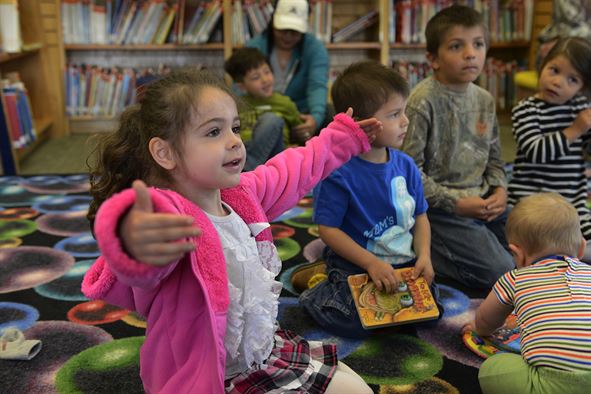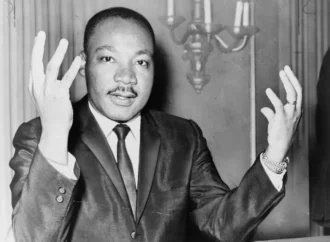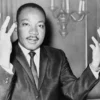New York City mayor, Bill de Blasio, announced last week his plan to expand universal, taxpayer-funded, full-day preschool to all 3-year-olds regardless of family income. This initiative, dubbed “3-K for All,” expands on de Blasio’s previous effort to offer universal preschool to all of the city’s 4-year-olds, a plan he called “Pre-K for All.” That plan now enrolls nearly 70,000 children city-wide.
The “3-K for All” effort begins by targeting children in two of New York City’s poorest districts, but expects to encompass all of the city’s children by 2021. To fully reach all 62,000 3-year-olds, the mayor is requesting $700 million in state and federal funds.
There is some evidence that for the poorest, most disadvantaged children, high-quality, early childhood care outside of the home may be beneficial. Although results from the longtime, government-run Head Start preschool program targeting low-income children have been lackluster at best. According to the 2010 Head Start Impact Study, the only long-term study of the program, any gains children made during their Head Start preschool time disappeared by third grade.
For middle- and upper-income families, research shows that preschool may not be as beneficial as being at home with a parent. A 2013 study by Stanford University professor, Eric Bettinger, found that having a stay-at-home parent dramatically benefited children, especially older children. Dr. Bettinger states: “For years, we have known that parental presence is extraordinarily important in the very early childhood years. What we’re finding is that parents continue to be important much further along in a child’s life than we had previously thought.” Dr. Bettinger’s research is based on analysis of Norway’s “Cash for Care” program, which provides cash subsidies to families choosing at-home parent care of young children, instead of government-subsidized care.
The compelling data about the positive impact that stay-at-home parenthood can have on most children may help explain why the majority of Americans believe that having a parent at home raising a child is preferable. According to the most recent data from the Pew Research Center, “60% of respondents said children are better off when a parent stays home to focus on the family, compared with 35% who said children are just as well off with working parents.” Pew also reports a rise in the rate of stay-at-home motherhood as of 2012, after decades of decline.
Regardless of whether parents stay-at-home or work, the trouble with universal preschool programs that target all families independent of economic need is that they make it financially more difficult for most families to choose other, potentially better options. An assortment of good early childcare choices now available becomes relatively more expensive, and some may be forced out of business, when a “free” option is offered by the government.
Moreover, the price of stay-at-home parenthood rises, not only because of the increased tax burden on families to pay for these expanded public services, but also because the opportunity cost of stay-at-home parenthood surges.
Universal preschool may seem like a positive benefit to parents, and may provide better care to the poorest children; but it can limit early childcare choices for many families. Parents are economically enticed to choose a one-size-fits-all model of mass schooling for their young child, as the cost of stay-at-home parenthood rises and other private options become relatively more expensive or disappear entirely.
As efforts to expand universal preschool accelerate nationwide, we should look discerningly at where our tax dollars are going so that we can better help families in need, rather than create blanket public policy that may do more harm than good.
—
[Image Credit: U.S. Air Force photo by Airman 1st Class Valerie Monroy]
















Leave a Comment
Your email address will not be published. Required fields are marked with *